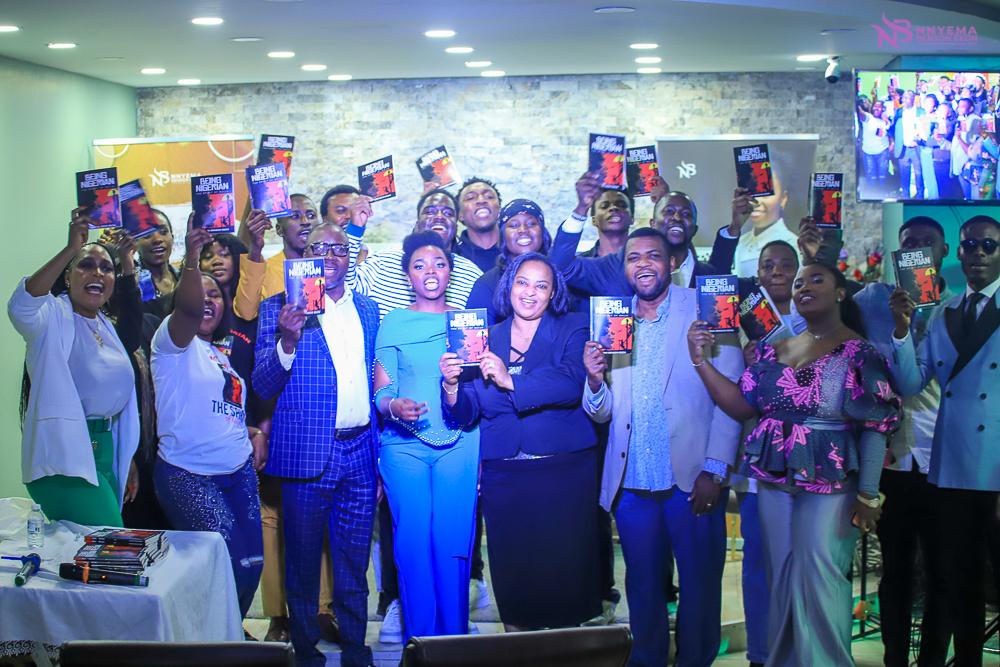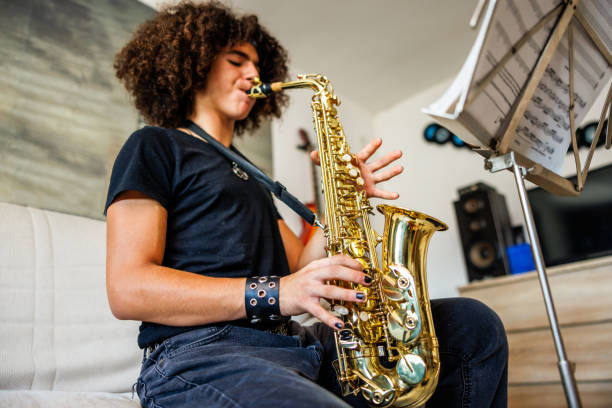In the music industry, talent is only part of the equation. The rest? Relationships. Who you know—and how you connect with them—can open doors to collaborations, performances, and opportunities you didn’t even know existed. Networking isn’t about shoving your music in someone’s face or spamming links. It’s about building genuine relationships that grow over time.
If you’re an emerging artist, here’s your guide to mastering the art of networking—complete with the dos and don’ts to help you stand out in a sea of hopefuls.

The Dos
1. Show Up Where the Action Is
You can’t network from your bedroom (unless you’re attending virtual events). Attend live shows, open mics, music conferences, or even studio sessions where industry professionals hang out. Whether it’s a showcase, a music festival, or a small jam session in your local community, be present where the music lives.
Pro Tip: Always carry business cards, or better yet, a QR code linking to your portfolio, social media, or music platform. It’s an easy way to share your work without being too pushy.
2. Be Genuinely Interested in Others
Networking is a two-way street. Instead of approaching people with a “What can you do for me?” mindset, show interest in what they’re doing. Ask about their latest project, what inspires them, or their journey in music. Genuine curiosity makes a lasting impression.
3. Build Relationships, Not Just Contacts
Focus on creating meaningful relationships over time. Follow up after meeting someone—send a quick email or message to say you enjoyed chatting. Don’t jump straight into asking for a favor. Relationship-building is about trust, and that takes time.
Example: After meeting a producer, drop a message saying, “It was great meeting you at the event. Your insights about mixing tracks were inspiring. Let’s stay in touch!”
4. Have Your Elevator Pitch Ready
When someone asks, “What do you do?” you don’t want to fumble for words. Prepare a short, engaging pitch about who you are, what kind of music you create, and what makes you unique. Keep it under 30 seconds, and practice it until it feels natural.
For instance: “I’m a singer-songwriter blending Afrobeat and R&B. My music explores themes of love and self-discovery, and I just released my debut single, which has been getting great feedback.”
5. Leverage Social Media Strategically
Social media is a powerful networking tool—when used wisely. Follow artists, producers, and industry professionals, engage with their content, and share your own work thoughtfully. Avoid spamming people with links; instead, focus on building rapport through meaningful interactions.
6. Add Value Where You Can
Don’t just look for ways to benefit yourself; think about how you can help others. Maybe you know a great videographer for their next music video or can recommend a venue for their upcoming gig. Adding value builds goodwill and makes you memorable.
7. Be Professional and Prepared
Have your materials ready—updated demos, a solid press kit, and polished social media profiles. You never know when someone will ask for your work, so don’t let an opportunity slip because you weren’t prepared.
The Don’ts
1. Don’t Be Overly Aggressive
Nobody likes the artist who corners them at an event and won’t stop talking about their music. Be respectful of people’s time and space. If someone seems busy or uninterested, don’t force the conversation.
Instead, say something like, “I’d love to connect with you when you have some time. Could I send you a quick email or message?”
2. Don’t Burn Bridges
The music industry is smaller than you think, especially in tight-knit communities. Treat everyone with respect, from interns to industry executives. Today’s intern might be tomorrow’s top producer.
3. Don’t Oversell Yourself
It’s great to be confident, but don’t exaggerate your achievements or make promises you can’t keep. Authenticity goes a long way in building trust. If you’re an emerging artist, embrace your journey instead of pretending to be a superstar.
4. Don’t Focus Only on Big Names
While it’s tempting to aim for collaborations with big-name artists or producers, don’t overlook your peers. Some of the best connections are lateral—other up-and-coming artists who are hungry and eager to grow alongside you.
5. Don’t Ignore Feedback
When someone gives you constructive criticism, don’t get defensive. Listen, learn, and use it to improve your craft. Being open to feedback shows humility and a willingness to grow—qualities people respect in an artist.
6. Don’t Rely Solely on Networking
Networking is essential, but it’s not a substitute for hard work. Make sure your music, branding, and overall professionalism back up the connections you’re building. A good reputation spreads, but so does a bad one.

Networking Scenarios: What to Do in Real-Life Situations
At a Concert or Showcase
Spot someone you admire? Don’t interrupt while they’re deep in conversation or watching a performance. Instead, wait for an appropriate moment to introduce yourself briefly. Compliment their work, and if the vibe feels right, exchange contact information.
Online Interactions
If you’re reaching out via email or message, keep it short and professional. Introduce yourself, explain why you’re reaching out, and make it easy for them to check out your work (e.g., include a link to a specific song, not your entire discography).
Example:
“Hi, I’m a big fan of your work and love what you did on a recent project. I’m an emerging Afrobeat artist and would love to connect or collaborate if the opportunity arises. Here’s a link to my latest track: [link]. Looking forward to hearing from you!”
At a Music Conference
Come prepared with a notebook, business cards, or your phone for quick contact exchanges. Attend workshops or panels and ask thoughtful questions—this helps you stand out to speakers or panelists.
Final Thoughts
Networking in the music industry is an art. It’s not about how many contacts you have but the quality of the relationships you build. Be authentic, professional, and patient. The connections you make today might not bear fruit immediately, but over time, they can lead to incredible opportunities.
Above all, keep creating. The stronger your artistry, the easier it is for others to want to work with you. So get out there, connect, and let your passion for music be your guide.






